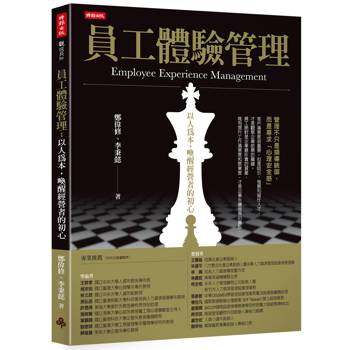A stunning photo book on Europe’s supreme example of the Italian Renaissance garden
The Villa d’Este is a 16th-century villa in Tivoli, near Rome, internationally renowned for its terraced hillside Italian Renaissance garden containing an outstanding array of fountains, nymphaea, grottoes, water features and atmospheric sound effects. Named a UNESCO World Heritage Site in 2001, the garden is widely considered to be one of the finest examples of Italian Renaissance gardens in Europe.
Villa d’Este was first conceived of in 1550 by the governor of Tivoli, Cardinal Ippolito II d’Este, who had long envisioned a garden built on the slopes of the valley known as Valle Gaudente. But it was only after 1560 that the villa’s architectural and iconological blueprint was defined by painter-archaeologist-architect Pirro Ligorio and executed by court architect Alberto Galvani. When Ippolito d’Este died in 1572, the project was nearly complete.
Throughout its long history, the villa has changed hands several times, fallen in and out of disrepair and even been occupied and looted by French soldiers during wartime. At the outbreak of the First World War, Villa d’Este was acquired by the Italian State, which launched a major restoration of the property before opening it to the public in the 1920s and 1930s. Since 1920 it has remained under the control of the Italian government and continues to be enjoyed by thousands of visitors every year.
Introduced by Andrea Bruciati, art historian and director of Villa d’Este, this spectacular photo book chronicles the history of the villa and its grounds, documenting in stunning detail the masterpiece water garden as well as the villa’s sprawling and intricate interiors.











